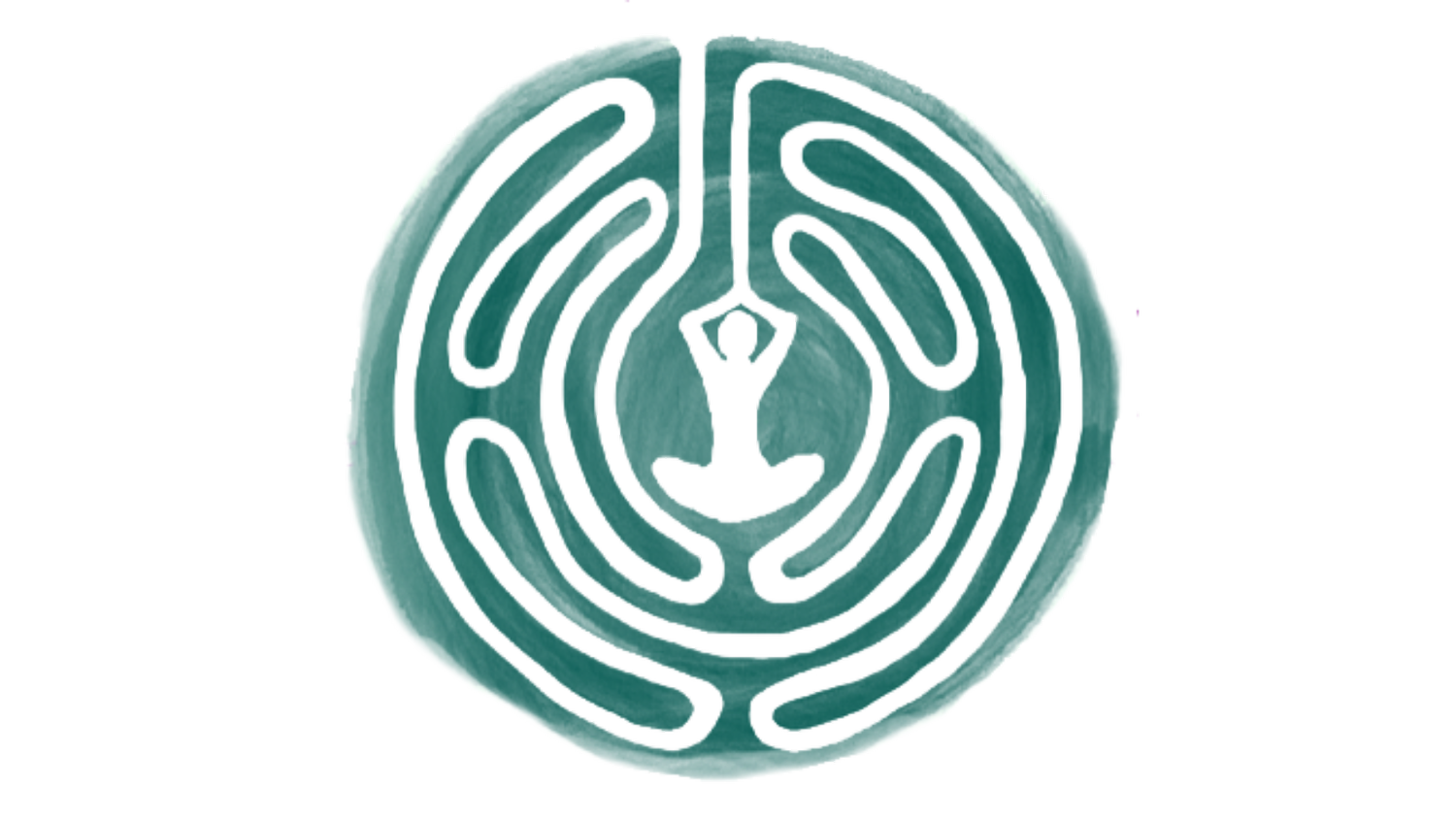Déchanet and Holistic Spirituality
Not long ago, the geography of spirituality was the interior or inner life, the “life of the soul.” But today, it has become much more holistic and is nothing other than Christian life in the Spirit, encompassing the full range of human experience and involving everything that makes up one’s struggle to live in Christ by the presence and power of the Holy Spirit.
Fr. Déchanet with friends outside his hermitage
In other words, we do not separate and make rivals of soul and body, spirit and flesh, sacred and profane. If something is good for my soul, then it is also ultimately good for my body; and if something is good for my body, then it is also good for my soul. Today we have a stronger appreciation for the seamless unity of our embodied spirits.
In the second half of the 20th century, the Benedictine monk and yoga practitioner Jean-Marie Déchanet was an active proponent of holistic spirituality. He believed that many of us are torn in two by our distrust of and even dislike for our own bodies. We suspect consciously or subconsciously that our physical nature is somehow an enemy to our spiritual nature. And the result is disharmony, frustration, alienation—a kind of war within.
In his book Yoga and God, Déchanet writes:
““The Bible is the spoken word; Christ is the incarnate Word. When he became flesh…, he took human nature, and took it entire as well as intact, to the great scandal of many. He came, like any one of us, by the same path and through the same sacred doorway, so entering nature, which his Father had blessed and which he therefore loved profoundly and with true emotion. He made it his sanctuary….
As an ordinary man he went down into the waters of the Jordan; his body was naked on the cross and naked again in the tomb, wrapped in the shroud…. He said he was light; he made himself bread, wine; he wanted water to be the symbol of the first sacrament; he sent the Spirit from heaven in the form of fire.”
”
Such an incarnational spirituality as Déchanet describes must in fact be a holistic spirituality – one that calls for us to live mindfully, wide awake and alert so as not to miss the many little apocalypses in which God’s presence is revealed each day. The ground for our spiritual formation is the concrete experiences of our lives, and thus spirituality involves all aspects of our lives, everything we encounter.
It is reflected, for example, in where my mind goes when I’m standing in line at the grocery store. Spirituality is seen in the way I drive my car, how I use my leisure time, the people I befriend, the neighborhood I decide to live in.
It is an intuitive intelligence that enables us to meet life’s challenges with buoyancy of spirit. A truly spiritual person solves problems one after another just as they come along in life, and without much fuss. That’s because a holistic spirituality is very life-supporting and draws forth positive results in ordinary family, community, and business situations.
Harold Koenig of Duke University, in reporting on a six year study of 4,000 people over the age of 64, argues from research data that attendance at church, synagogue, mosque, temple, and religious practices on the one hand, and good health on the other hand, are co-related. The report found that frequent attendance in religious services was correlated with lower blood pressure, healthier immune systems, and a lower risk of premature dying. He also claimed that prayer “boosts morale, lowers agitation, loneliness, and life dissatisfaction, and enhances the ability to cope.
Jean-Marie Déchanet, who lived 86 years before transitioning into eternal life, had his own way of affirming such findings in our spiritual practice:
““We all need to get back to a more lucid and accurate concept of the relationship between soul and body, between flesh and spirit. The Eucharist can help us here. Under the sacramental sign, we take and eat the transfigured body of Christ, which has become, as St. Ambrose says, “a spiritual body, life-giving spirit, thanks to the resurrection.” We nourish our body with it, and at the same time, feed our spirit. The Eucharist, as the bread of life, confirms the organic union of body and soul here below, at the same time as it creates between them a bond that will be eternally valid.””
“The Eucharist, as the bread of life, confirms the organic union of body and soul here below, at the same time as it creates between them a bond that will be eternally valid."
That bond between spirit and body is cultivated in my daily practice of hatha yoga through stretching and breathing to the rhythm and music of song prayers, and then through sitting in quiet meditation (raja yoga), along with regular celebration of the Eucharist as well as yet another form of mantric prayer that actively engages the body-mind: praying by hand, praying with beads.
As Dechanet says, “ ‘Christian’ yoga is a yoga which helps one to carry out the program of the Christian life” (p. 161).
Christians Practicing Yoga is dedicated to researching and preserving the lost teachings of The Father of Christian Yoga. You can learn more about Fr. Déchanet, our work, and his teaching here.


